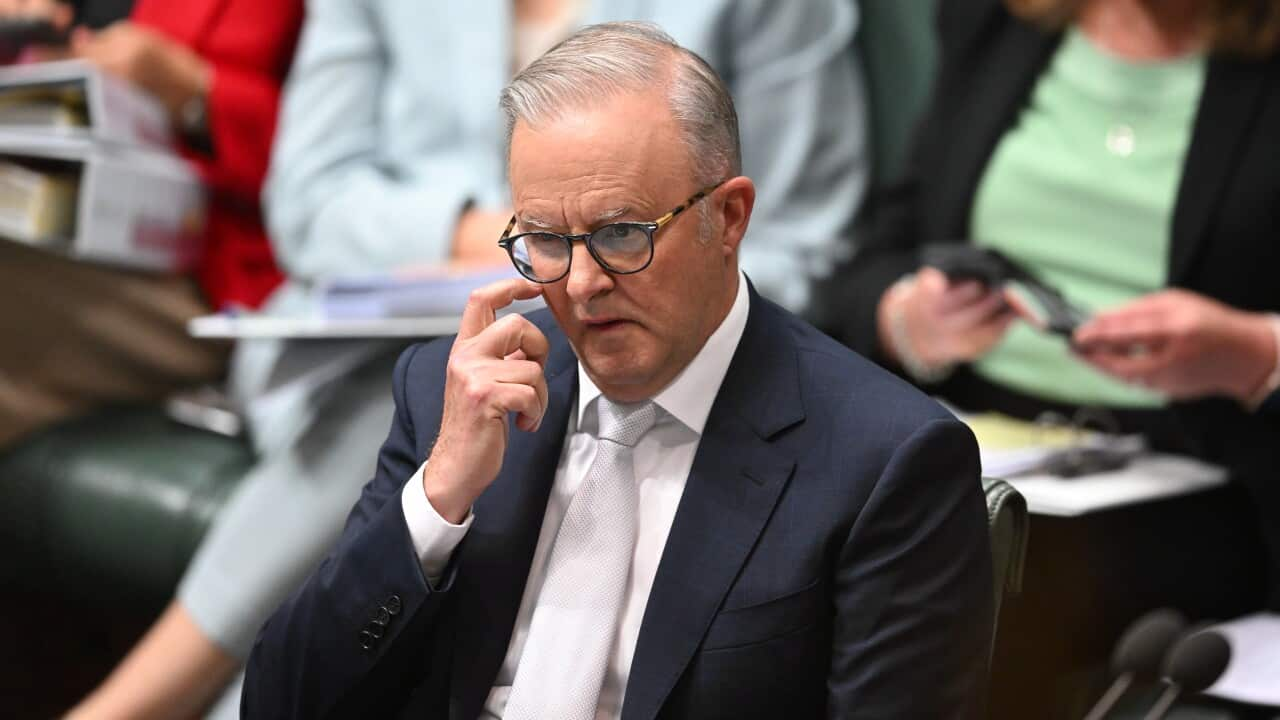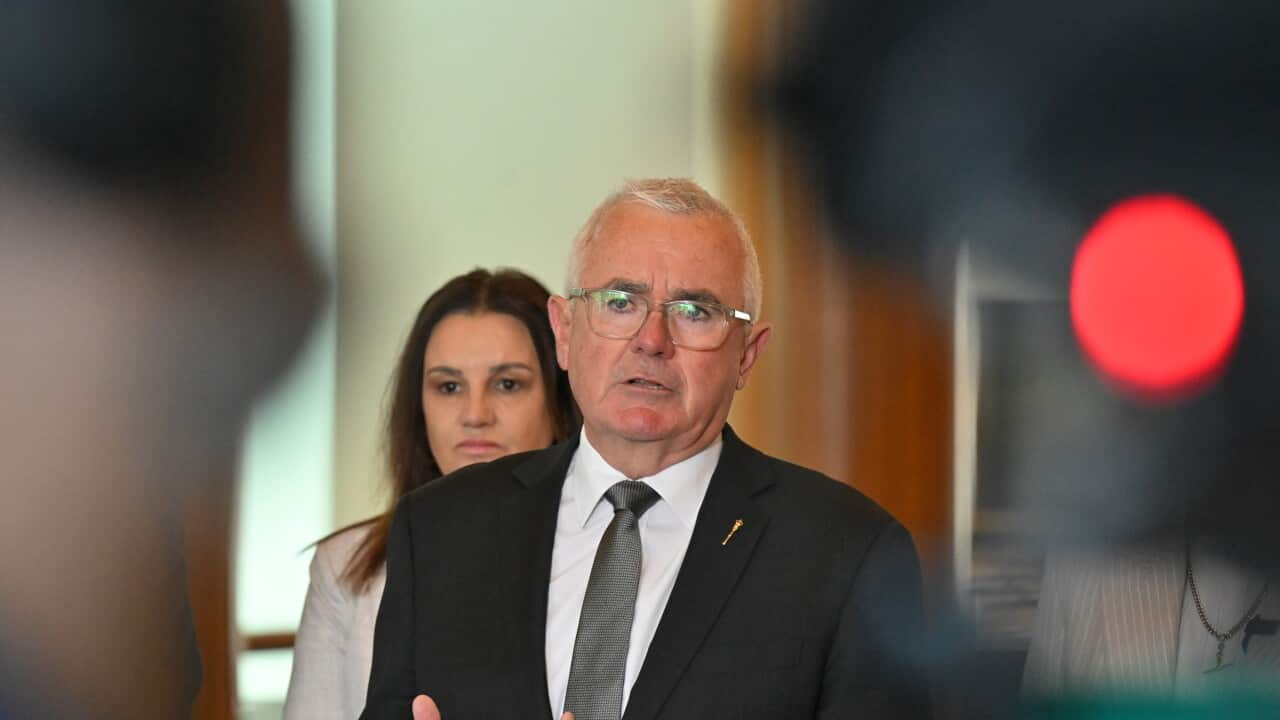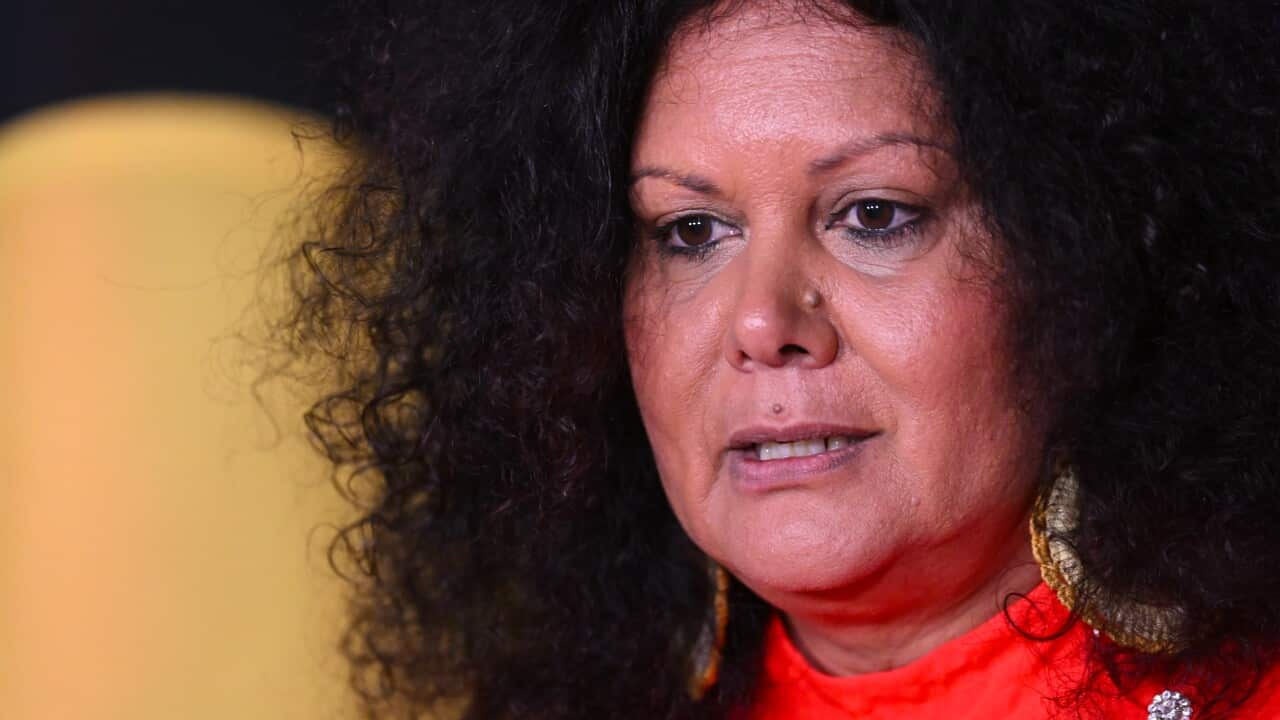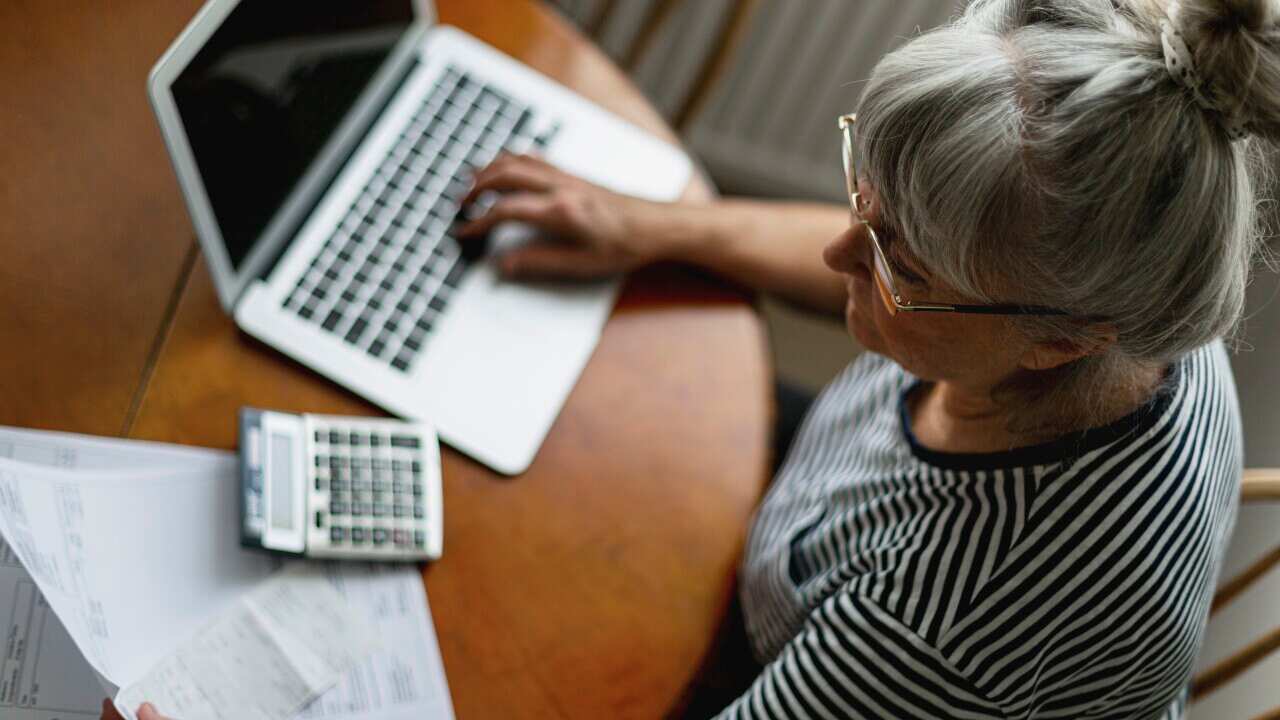TRANSCRIPT
"Any steel coming into the United States is going to have a 25 per cent tariff."
"What about aluminum?"
"Aluminum too."
Some quick remarks from the US President Donald Trump en route to the Superbowl.
Planning to impose tariffs on steel and aluminium imports.
He says there'll be more details in coming days.
But Chief Executive of the Australian Industry Group Innes Willox says pressure is now on for the Australian Government to secure an exemption.
"Now the hard work begins to get Australia cut out of these tariffs. If we don't, it's significant cost for Australian industry. This has got to be a national priority to turn this around."
Donald Trump made it clear that tariffs would be part of his presidency.
So far, he has imposed an additional 10 per cent tariff on all goods entering the US from China.
Initial plans to impose a 25 per cent tariff on all goods from Mexico and Canada have been paused for at least 30 days after both countries agreed to bolster border security.
But now the tariffs will extend to products, not just nations.
Senior Lecturer at UNSW Scott French says it's about protecting U-S interests.
"The idea is just to protect American jobs. And so you see, you know, steel mills and aluminium smelters are sort of the classic industrial jobs that you think, you know, are sort of the backbone of the of the of the economy, or at least infrastructure building. And so you you don't want to lose jobs in those areas. And they're areas where the US had, especially in steel, right? The the US was historically a major steel producer in the world. And, you know, since the 1970s to now, they've slowly lost position."
With a focus on key states.
"Pennsylvania is a very important state, right? Ohio, Michigan, they're very important politically. And so part of making a political statement that you're going to be for the jobs in those areas is to is to protect the steel production."
Australia iron and steel exports to the US were worth 237 million USD in 2023, whilst aluminium was worth almost 317 million.
And whilst there is a free trade agreement in place, Mr Willox says that doesn't guarantee anything.
"I think Australia has always hoped that we'd get an exemption on the basis of our long standing economic and security relationship with the United States and also the free trade agreement. Well, once again, under a Trump administration, that free trade agreement has been shown to not count for much."
During Trump's last presidency, Australia secured exemptions from similar tariffs on steel and aluminium, with then Prime Minister Malcolm Turnbull leveraging Australia's security ties with the US.
Australia also imports more from the US than it exports - meaning that any reciprocal tariffs imposed would have a greater impact on the U-S.
Nationals leader David Littleproud says its up to the Prime Minister to negotiate another deal.
"Well, it's going to hurt the Australian economy. We're an exporting nation, and this is a test for Anthony Albanese and Kevin Rudd to see and to make sure that we get a carve out. We got a carve out in 2018 and it's now a test of the relationship and his ability to deal with with President Trump. We have a very compelling story. We just signed a check for over $500 million for AUKUS."
Prime Minister Anthony Albanese says negotiations are under way, and he has scheduled a call with Donald Trump
"This government has a strong record indeed, of working with other nations to protect and advance Australia's trade interests. We will navigate any differences which are there diplomatically, and we will continue to make the case to the United States for Australia to be given an exemption to any steel and aluminium tariffs."
Whilst the timing of the announcement came as a surprise to some, it's something the industry has been preparing for, according to Warren Pearce from the Association of Mining and Exploration Companies.
"The reality is, we've been expecting there'll be some tariffs potentially on these products. So they've been looking to have conversations with other customers around the world to see if they can move more than product in that space."
He says Australia will be impacted regardless even if there's an exemption.
"If Australia is able to get exemptions from some of the United States tariffs, then we'll be in a good position. However, there's not really much the Australian government can do around this. If the United States tariffs, particularly directed at China, slow down the Chinese economic recovery, the reality is that will mean a lessening and demand for our key exports, iron ore and coal, and indeed, that will have an impact on the domestic economy."
Dr French says there's still a chance for Australia to be carved out from the plan.
"So he's come out and said no exemptions. We know with Trump that there's always room to negotiate, and he likes to make a deal."













